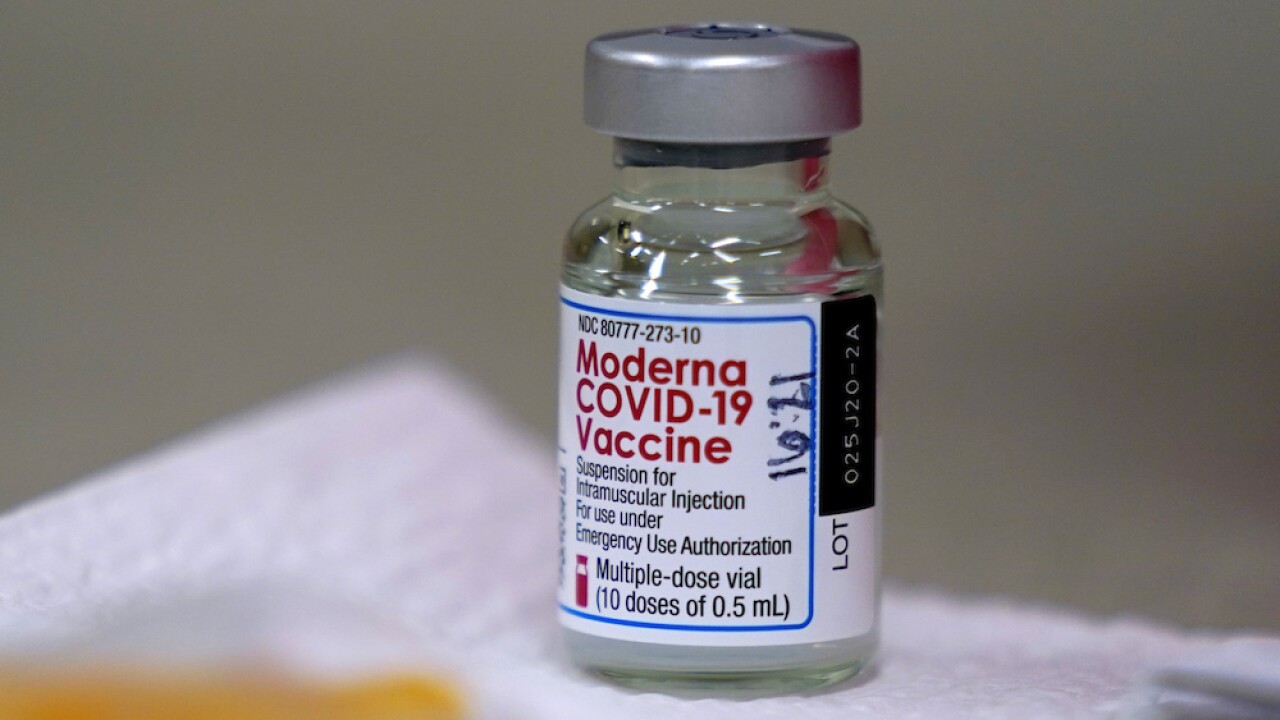BALTIMORE (WMAR) — Thursday, an FDA committee voted unanimously to recommend Moderna boosters for older or high risk people, but Johns Hopkins doctors stress there is still a lot of work to be done to address vaccine hesitancy for the first doses.
“The booster conversations is important in order to prevent serious life threatening breakthrough cases,” said Johns Hopkins doctor Panagis Galiatsatos.
Dr. Galiatsatos has been following the review of boosters closely. Working with immunocompromised people, he sees how they can be helpful, saying antibodies naturally decline over time and may make certain populations vulnerable.
“The population that we wanted to protect the most in the beginning, our elderly individuals, those in nursing homes, those got the vaccines first and now may be susceptible to that nature decline of the antibodies,” said Dr. Galiatsatos.
According to the Maryland Department of Health, COVID-19 hospitalizations of vaccinated people tripled from July to August.
Thursday, a key FDA committee discussed Moderna’s application for a half dose booster administered 6 months after the initial two.
They voted unanimously to recommend the shots for;
• Individuals 65 years of age and older,
• Individuals 18 through 64 years of age at high risk of severe COVID-19, and
• Individuals 18 through 64 years of age whose frequent institutional or occupational
exposure to SARS-CoV-2 puts them at high risk of serious complications of COVID-19
including severe COVID-19.
But there is still a ways to go before these boosters get final approval. ABC News estimates the earliest emergency use authorization would be October 22, after the CDC’s committee meets.
“Even the conversation of boosters, we can put to rest if we got enough people with an intelligent immune system. The pandemic is all but over,” said Dr. Galiatsatos.
The Johns Hopkins Bloomberg School of Public Health and the Pulitzer Center held a virtual event Thursday afternoon to address this, giving advice on how to reach vaccine-hesitant young adults.
Over the summer, California researchers found nearly 25 percent of people age 18 to 25 are still hesitant to get vaccinated.
“We’ve seen essentially three primary reasons why. The first is distrust and lack of confidence. The second is misinformation and disinformation and the third is polarization,” said Rupali Limaye, from the International Vaccine Access Center at the Bloomberg School.
Friday, the FDA committee will take a look at Johnson and Johnson boosters, as well as potentially mixing different types of vaccines and boosters.




